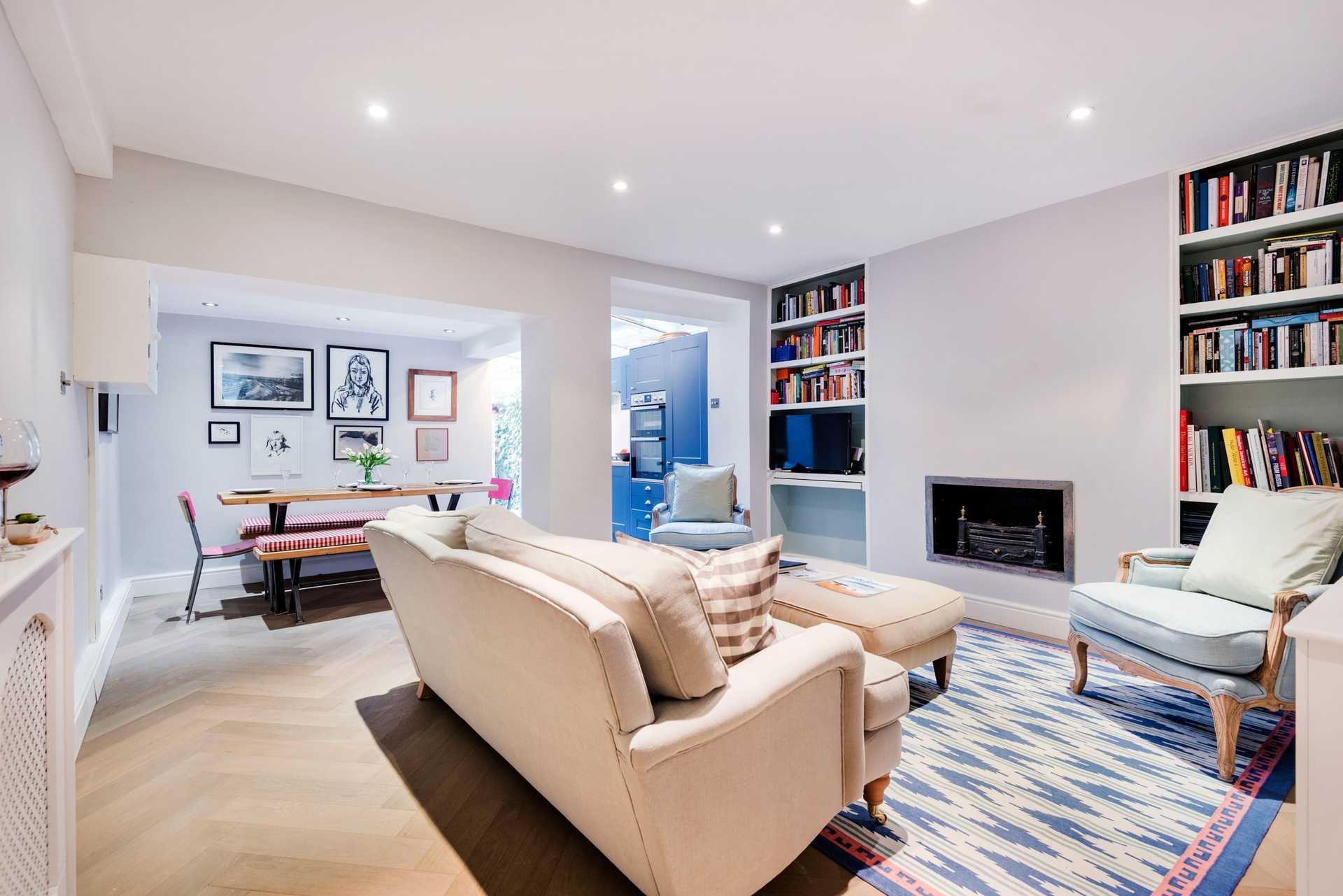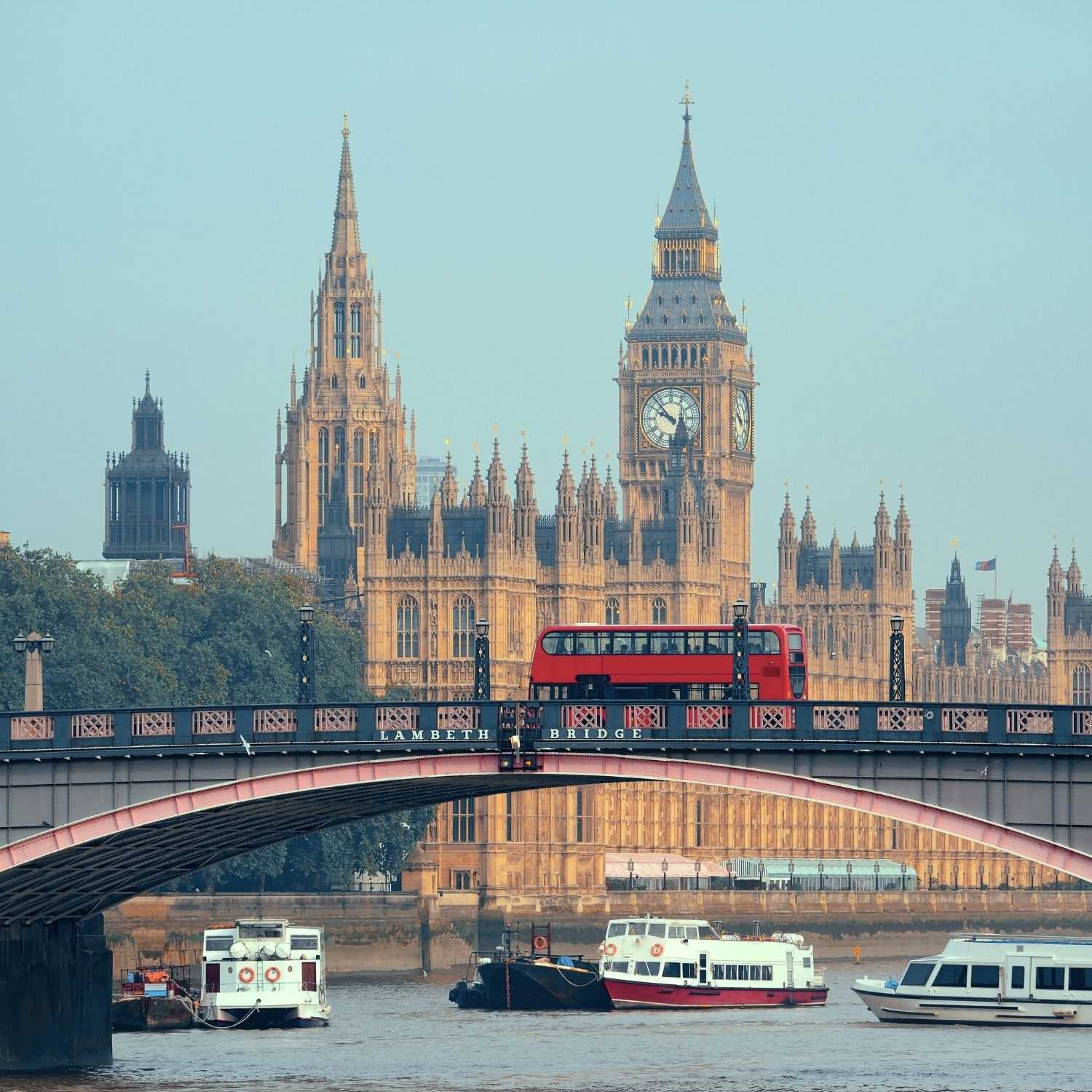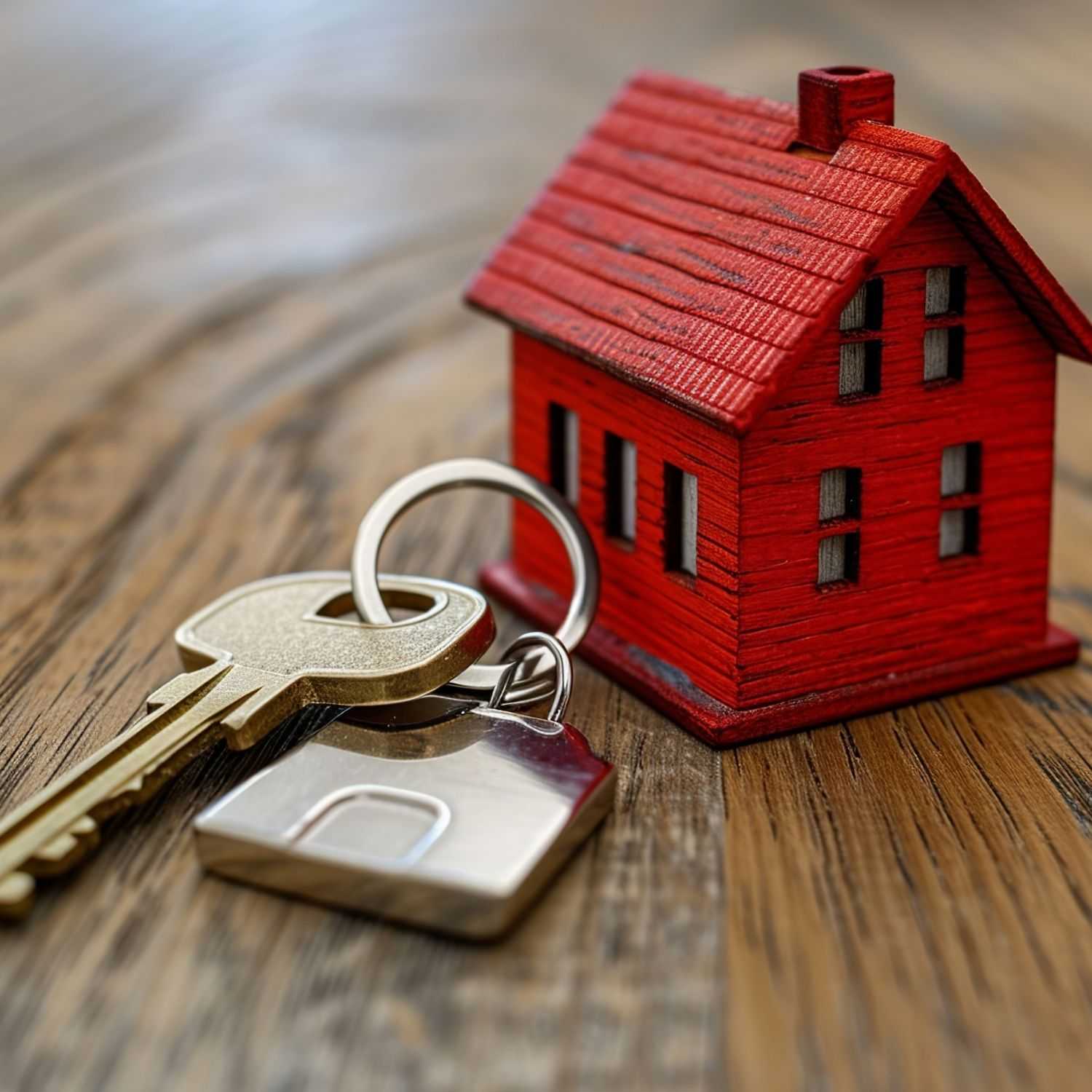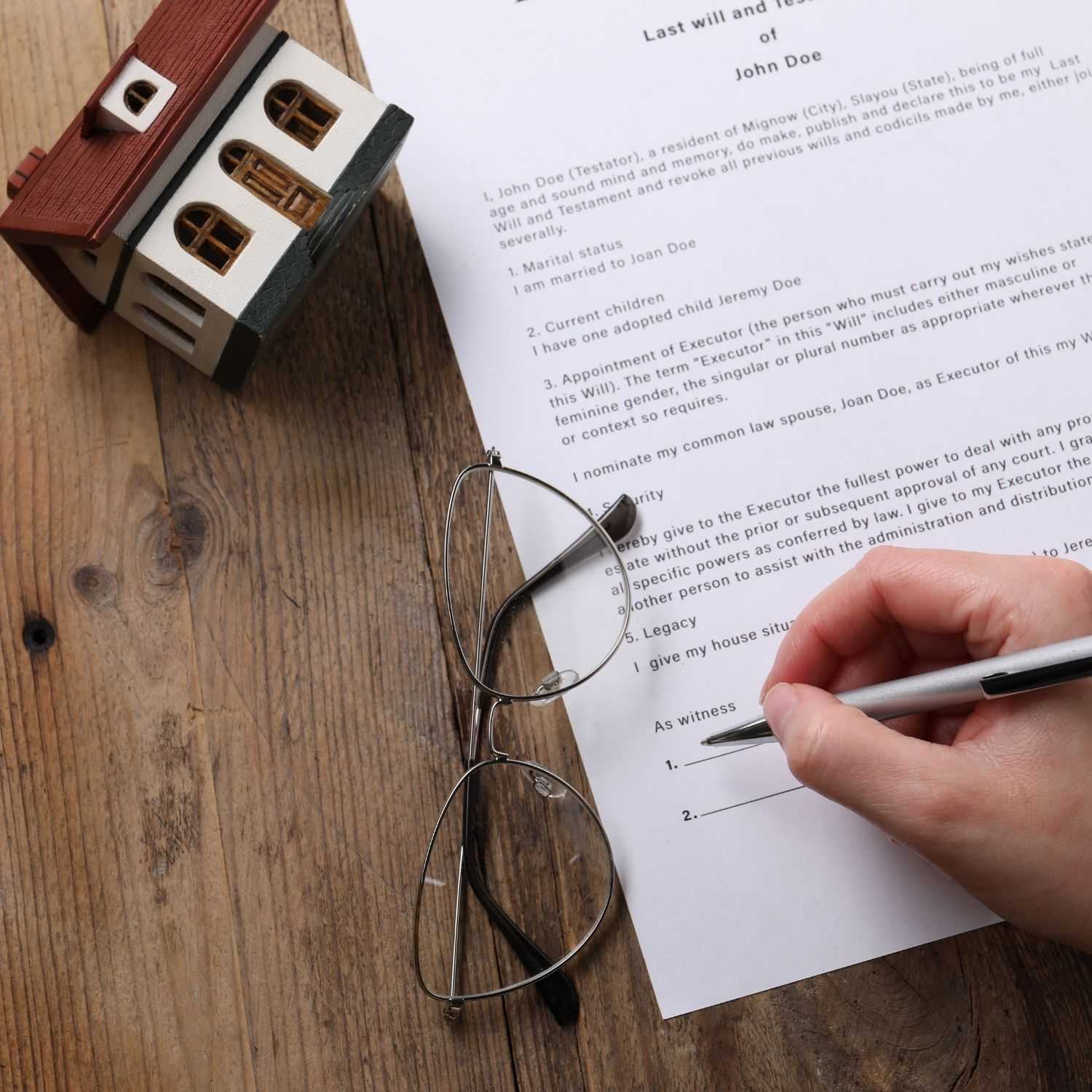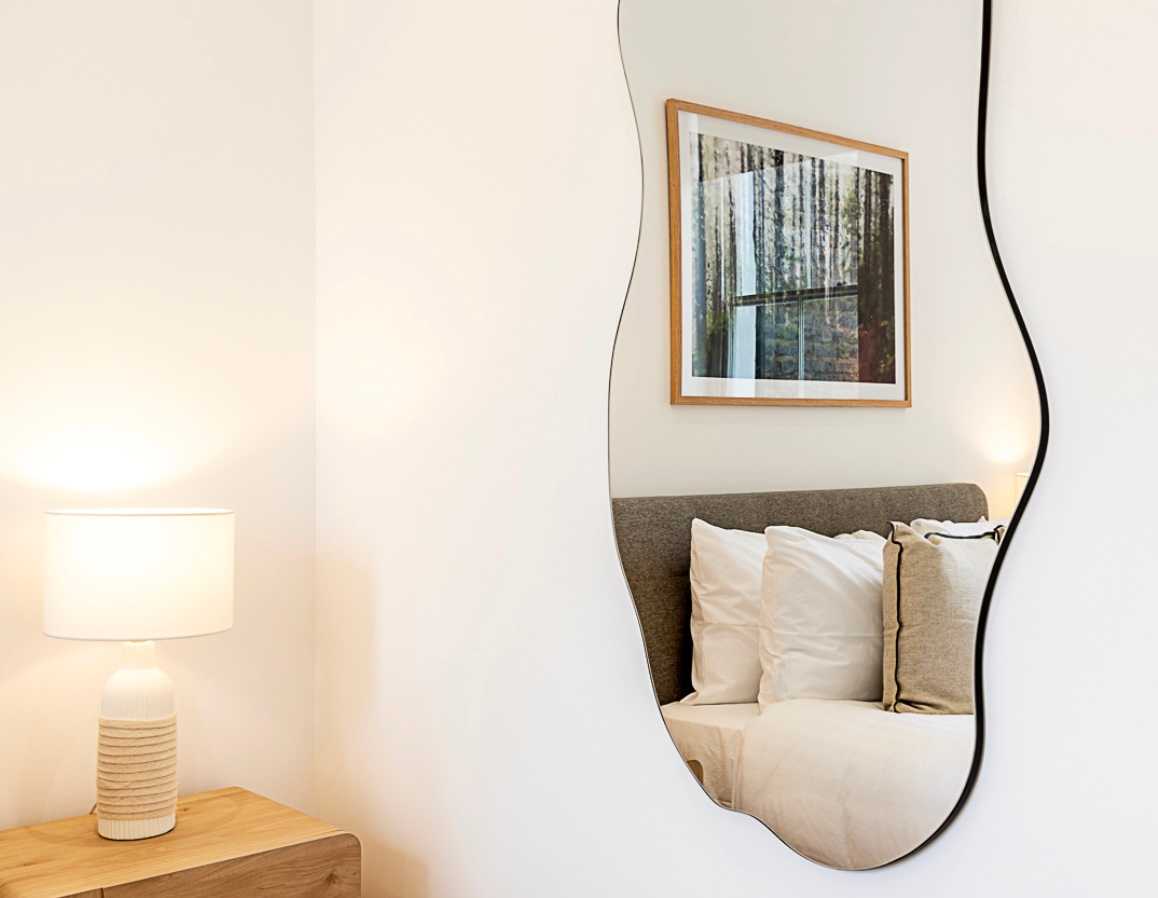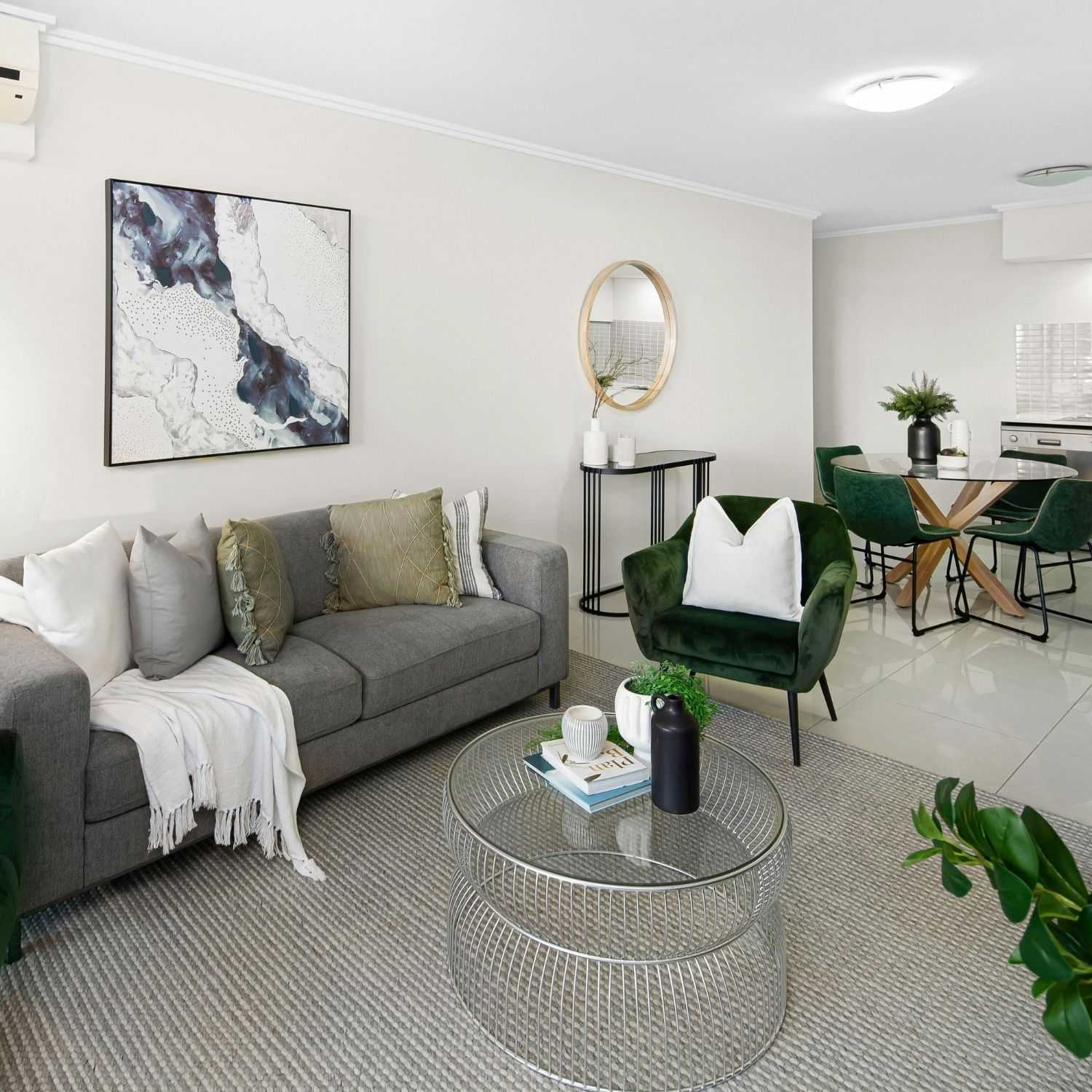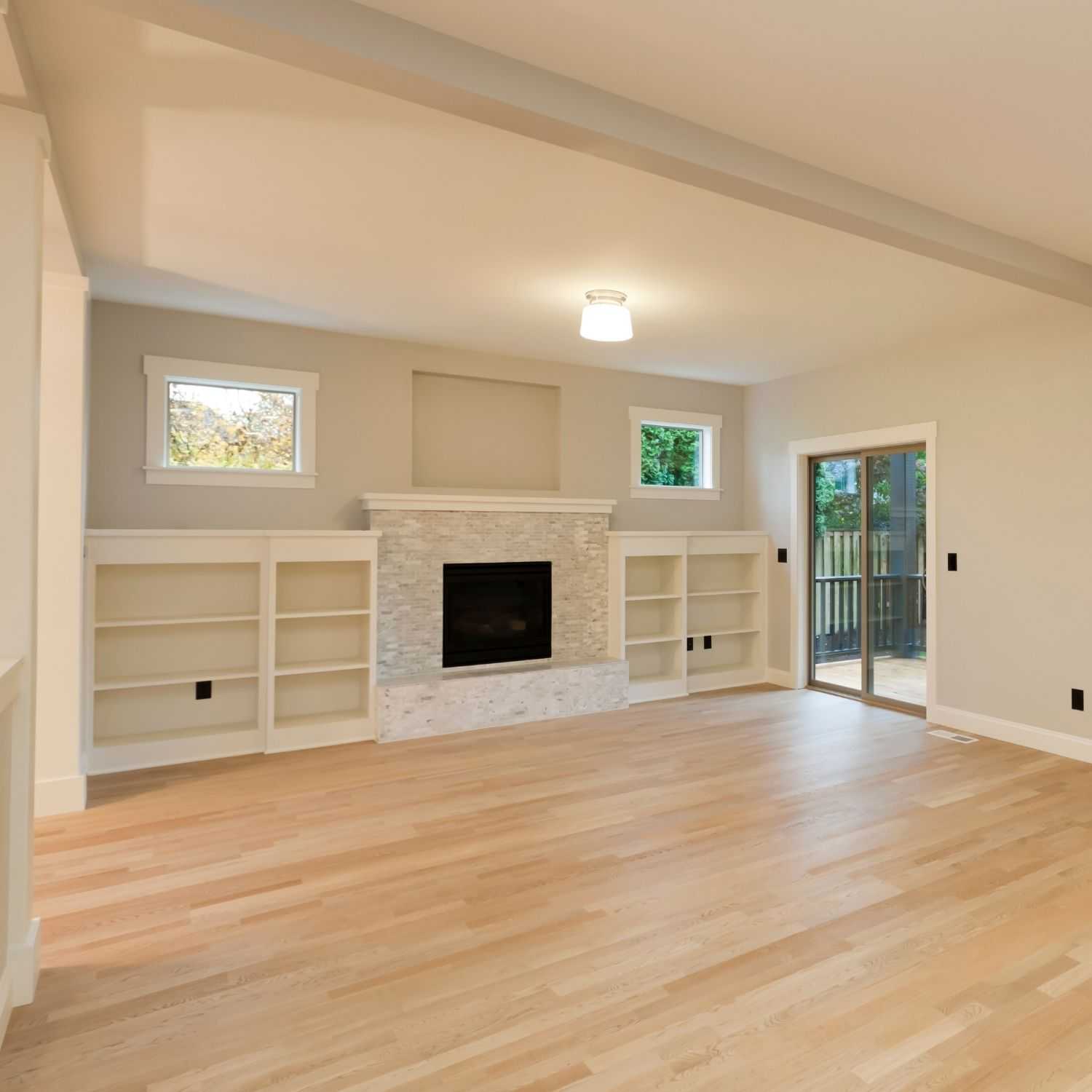Share post:
(Article updated July 2025)
Compliance with fire regulations is one of the many responsibilities of a landlord in London. Rental properties must comply with the current fire safety legislation to protect tenants and guests as well as their ability to earn rental income.
The fire safety regulations in London are constantly evolving, so it is essential to stay up-to-date with the changes to ensure your property remains compliant.
In this article, you’ll get an update on the smoke and fire safety regulations that cover rental properties in London. You’ll receive a list of requirements to comply with in order to protect your property and avoid hefty fines.
What Are Smoke and Fire Regulations?
Landlords in London are required to comply with multiple smoke and fire regulations. It’s crucial to consider all these rules to ensure you don’t miss out on important information related to fire safety. It’s not just about minimising the risk of fire. It’s also about making sure tenants or guests are kept safe in the event of an accidental fire.
Whether your property is in high-rise residential buildings or a mid-rise apartment complex, here are the essential laws you should comply with.
Smoke & Carbon Monoxide Alarm Regulations
London landlords should strictly implement the Smoke and Carbon Monoxide Alarm regulations. It simply requires smoke alarms on every storey of residential buildings and carbon monoxide detectors in rooms with appliances using solid fuel. The smoke alarms should be fixed to the ceiling and placed in a location where everyone can hear them. The CO detectors, on the other hand, should be placed at head height and approximately 1-3 metres from the solid fuel-burning appliance.
Ideally, the alarms and detectors should be hard-wired; however, if they rely on battery power, they should have a 10-year battery life.
This law also requires landlords to test smoke alarms and carbon monoxide detectors in domestic premises regularly, like before the start of a tenancy and at regular intervals during the tenancy period.
Fire Safety Order 2005
The Regulatory Reform (Fire Safety) Order 2005 is the primary regulation that covers general precautions to protect people and property in the event of fire. If your rental is in a multi-occupied residential building, you must verify that it complies with this regulation.
The Fire Safety Order 2005 mandates regular risk assessments, quarterly checks to ensure fire safety compliance, the provision of accessible building plans for fire and rescue service personnel, the visibility of wayfinding signage, a secure information box, the designation of trained “responsible persons”, and the maintenance of fire doors.
While this is the general regulation that covers both non-domestic and residential properties, it’s also essential to check other laws, such as Part 1 of the Housing Act 2004, to ensure you understand details like how the local government works with fire and rescue teams when responding to fire emergencies.
Fire Safety Act 2021
The Fire Safety Act 2021 was implemented in May 2022, reinforcing the Regulatory Reform (Fire Safety) Order. It clarifies that building structures and external walls are considered part of the domestic premises. This means that the building and external wall system, which includes windows, cladding, fixings, balconies, and insulation, should be included in the regular fire risk assessment.
The Fire Safety (England) Regulations 2022
Introduced on 23 January 2023, the Fire Safety (England) Regulations 2022 include rules that implement recommendations made following the Grenfell Tower Inquiry. This rule applies to England only and is under Article 24 of the Fire Safety Order 2005.
The Fire Safety (England) Regulations 2022 provide specific tasks for responsible persons for the following building structures:
- High-rise residential buildings. Responsible persons should provide the Fire and Rescue Services with the necessary information that will help them conduct effective search and rescue operations during fire emergencies. This includes access to building plans and external wall systems, secure information boxes (containing hard copies of plans), clear wayfinding signage, a list of defective firefighting equipment, lifts or access points, etc.
- Residential buildings (over 11 metres in height). Responsible persons are required to conduct additional inspections of flat entrance doors (every year) and fire doors (every quarter).
- Multi-occupied residential buildings. Responsible persons with two or more domestic premises should provide all residents with information that discusses the importance of fire doors, how to report a fire and other instructions on what to do in the event of a fire.
Building Safety Act 2022
The Building Safety Act 2022 is a separate legislation that introduces changes to the Regulatory Reform (Fire Safety) Order 2005.
Implemented on 1 October 2023, this law introduces the Building Safety Regulator, National Regulator of Construction Products and New Homes Ombudsman. These regulating bodies will focus on minimising high-risk buildings through better residential building design, construction, and management. It improves on existing regulations to help people feel safer. The goal is to create high-quality homes within properly constructed buildings.
How to Maintain Fire Safety Compliance
Follow these steps when checking if your property is compliant with smoke and fire regulations.
- Conduct a fire risk assessment. Hire a professional assessor to ensure it’s being done right. They should provide you with an official report at the end of the inspection, which will allow you to document the state of your rental property.
- Test smoke alarms and CO detectors. Inspect the battery and ensure both are functioning correctly. This test should be done before the start of a tenancy, as the tenant takes over the responsibility of testing the alarm and detector while they’re living in your property.
- Schedule quarterly maintenance for fire safety equipment. This includes fire extinguishers, fire doors, and other related equipment. Keep a record of every maintenance schedule so you can easily check when the next one is due.
- Provide adequate fire safety information. If the building has escape routes, emergency protocols, extinguisher locations and other fire safety guidelines, these should be documented and provided to tenants. Everyone in the building, including your tenants, should be aware of the property’s fire safety features and know how to respond in the event of a fire.
- Update building plans and fire safety features. If you made updates on anything (e.g. new fire escape routes, improved fire doors, new building plans), these should be documented and stored in a secure fire box. Fire and rescue teams would need these to ensure swift and efficient action in the event of a fire.
Fire Safety FAQs for London Landlords
Here is other essential information for London landlords to help with smoke and fire regulation compliance.
Do all rental homes need wayfinding signage and secure information boxes?
Yes. Secure signage and fireproof information boxes are essential, particularly in high-rise and multi-occupancy residential buildings. These will help fire and rescue teams do their job correctly in evacuating people and dealing with fire-related emergencies.
Are private homes in England subject to the Fire Safety England Regulations 2022?
If the private home is located in a building with a height exceeding 11 metres or features external wall systems, it is required to comply with the Fire Safety England Regulations 2022. This means that all fire doors, alarms, and external surfaces must be regularly checked and maintained to ensure compliance with fire safety regulations.
How often should fire doors be checked?
Under the Regulatory Reform (Fire Safety) Order 2005, fire doors must be inspected at least every quarter. Each inspection should be documented to demonstrate compliance with the latest regulations.
What happens if I fail to comply with fire safety legislation?
Landlords who fail to comply with smoke and fire safety regulations may face fines of up to £5,000. It can also invalidate their insurance, leaving them unable to make claims for damage caused by fire. Non-compliance can also result in prosecution, enforcement action, and other adverse consequences.
Keep Your Rental Property Fire-Proof
Keeping your rental property fireproof is an important responsibility that should never be compromised. Fire safety can protect the lives of the people living in your rental unit. It will also help you avoid fines and prosecution. Being compliant can also protect your property, specifically its ability to earn rental income.
Of course, keeping up with all the smoke and fire regulations can be challenging. But working with a property management company can make this task easier. Companies like City Relay offer compliance services to ensure that all rental properties comply with regulations, such as fire safety rules.
Make your life as a landlord easier by working with City Relay. Explore our services and pricing options to discover how we can help increase your rental income and make the process hassle-free for you.
Get a free rental estimate and contact us now for more information.
